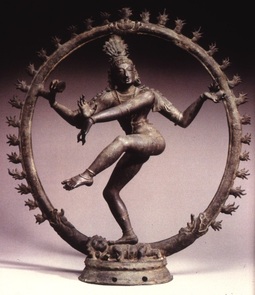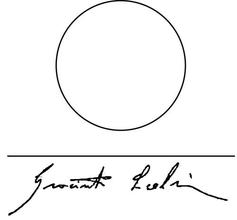|
Giacinto SCELSI (1905-1988, Italy) - Ko-Tha: Three dances of Shiva (1967)
“Rome is the dividing line between East and West. North of Rome is the West, South of Rome is the East. My house stands right on the dividing line. This is how you can understand me and my music.” ~ Giacinto Scelsi Giacinto Scelsi was an Italian aristocrat (more precisely, a Count), who, following a psychic crisis around 1950, never put his pen to paper. Instead, he would improvise in a trance-like state, give a recording of the improvisation to various transcribers, and then work with his colleagues (transcribers and performers) to refine his scores until they were deemed finished. Everything about Giacinto Scelsi’s Ko-Tha, Three Dances of Shiva (for guitar treated as a percussion instrument) is enigmatic. Despite the straightforward appearance of its notation, measure for measure, it is one of the most demanding and confounding scores I have ever encountered. For all of the difficulty present in Ko-Tha, the only piece of advice Scelsi mysteriously and frustratingly offers to interpreters of this piece is that they should not “seek to study the piece.” Rather, only “a knowledge of Shiva and his connections will help the performer.” Further, regarding the materials of the guitar’s strings, “those who imagine that Shiva is a destructive god should use metal strings. Those who imagine that the dances of Shiva are an expression of euphoria should use nylon strings.” Similarly to the way Heidegger dismisses epistemology as philosophy that “continually sharpens the knife, but never gets around to cutting”, Scelsi describes his view regarding compositional analysis: “an analysis of this piece...can be useful...but one can only obtain the optimum result by identifying with Shiva. Too often, one discusses work without being able to achieve the desired result. Before all else, one must choose to ‘be’.” Jonathan Hepfer, 2013 |

